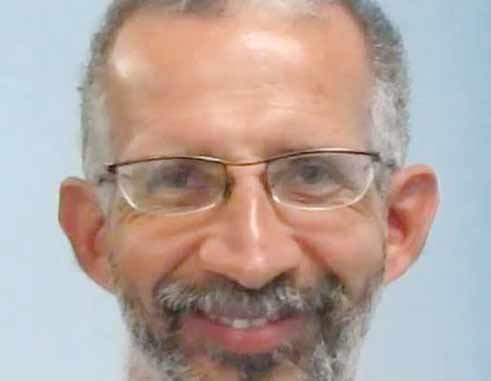TROUBLED youth in St. Lucia are in desperate need of upstanding and positive leaders as opposed to the use of stiffer penalties to punish and deter them from crime.
This is the solution to the growing matter of violence among youth, according to founder of RISE St. Lucia Inc., Dr Stephen King.
Dr. King said that after years of assessment, he has accumulated sufficient evidence to undoubtedly state that there is disconnection and a lack of inspired leadership in St. Lucia, both at the community and national levels.
“We need to inspire young leaders,” he said. “When I say that, I mean a shared vision with young leaders that takes the youth to that better place of greater success in life. That is lacking.
“There are communities that don’t have access to the resources, (such as) knowledge, programmes, finance, support, and so on. We need to link communities to resources and allow the leaders in communities to be able to get these resources for the programmes that the people in the communities want.”
As it relates to youth and crime, Dr. King said stiffer penalties are of little use and counter-productive whereas re-education is the way forward.
Dr. King, the island’s leading pathologist, said there is a need to create inspiration and self-management as opposed to continuing the use of archaic barbarism.
He said: “Punishment, which is what stiffer penalties are, is what we’ve done in the past. That has been the old way of doing things and remains. That’s the Victorian way of doing things and we continue in that mode. The anti-gang legislation is a typical example of that kind of thinking. It is not the thinking that will create the society that we want. What will create the society that we want is what I will call re-education for inspiration.”
To further emphasise the need for re-education and better leadership, Dr. King added: “Everybody wants to be successful, including the youth you see committing anti-social acts, you know. They actually want to be successful, but the truth is, in the context in which they find themselves, how they define success is through those anti-social activities.”
Dr. King said the re-education he is referring to is not for the youth; instead it is a necessary form of society engineering for policy-makers, legislators, business owners and parents.
He said there is a need to create a society where the youth can be successful enough to participate in pro-social activities that will be beneficial to everyone.
Where RISE is concerned, Dr. King said the organisation is in the brainstorming phase of a programme called “Safe Spaces”. This programme, he said, is aimed at identifying, inspiring and training community leaders with various skills so that they can have a vision for their communities as well as to go on to create environments where they are connected to businesses, government resources and international and regional agencies.
Dr. King said: “Youth are society. Depending on how successful your youth are, that is how successful your society is going to be, or even is. So it is imperative that all of us of all ages change that environment.”
“This is for society. Let’s see if the powers that be are willing and prepared to do what is necessary to make a change or if they continue with the same old thinking, which will surely lead to a lot more pain and suffering.”

















At birth and throughout our lives we acquire shares of capital that alter and define our life chances. This capital is acquired as members of groups and as individuals through structural, cultural and genetic processes. For example Physical capital-Tools, Machinery and other productive equipment form the basis of economic relations; Human Capital- Skills & Knowledge individuals acquire through formal and informal learning and training. Socially structured relations between individuals and groups form the basis of Social capital, necessary in fostering social trust and norms, to facilitate collective action. Social capital is the glue that binds people together and develops mutual trust and collective actions. Because resources are not evenly divided in St. Lucia,(This is of great concern in the United States and has led to a lack of collective efficacy) there is inequality which manifests itself in the form of stagnated mobility, chronic unemployment especially among our youth, and juvenile delinquency. Many young persons in St. Lucia have problems managing their emotions, due to a lack of trust and self worth they experience. They are not able to succeed by conventional means and engage in devious acts because of limited opportunities and the urge to forge a new economic identity. The social disorganization in society has to be addressed. Some of the issues to be addressed are mental illness, health care, restoration of family bonds, policy changes to address extreme poverty, economic reform and the restoration of the broken criminal justice system. The social capital created by tight community networks is useful to parents, teachers and police authorities as they seek to maintain discipline and promote compliance among those under their charge.